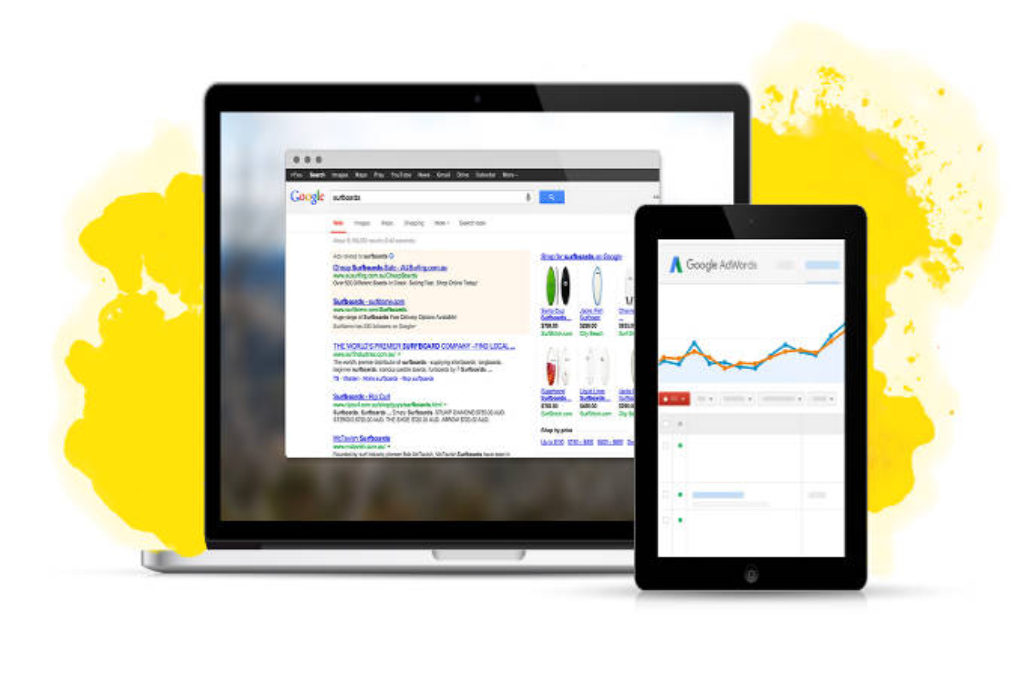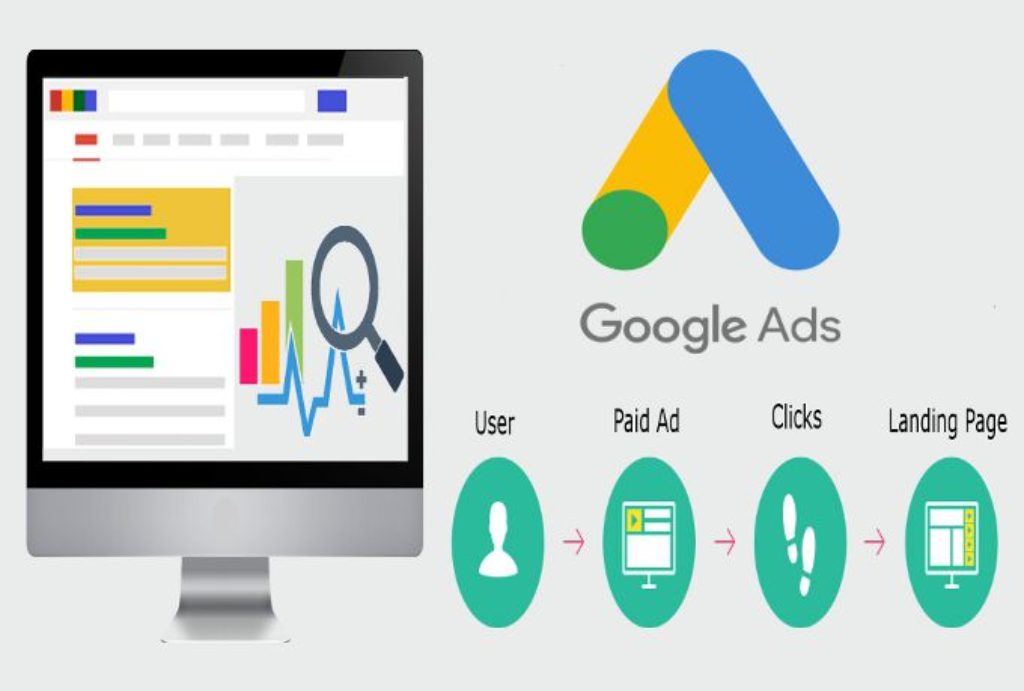SEM
Search Engine Marketing – PPC Management
How Can SEM Benefit Your Business?
What is SEM? SEM or search engine marketing is a form of internet marketing that involves increasing a website’s visibility via paid advertising. SEM is an incredibly effective way of reaching new customers and increasing revenues quickly. The platform most widely used is Google Adwords, which recently changed it’s name to simply Google Ads. Advertisers also use Yahoo and Bing as well as paid ads on social media. If search engine marketing weren’t confusing enough, it also comes with a host of acronyms. SEM is also known by other names such as PPC (pay-per-click).


How does SEM work?
With SEM campaigns, advertisers place ads based on desired appearance for keywords and terms. Each time the advertiser’s ad is clicked they are charged. This is known as CPC or (cost-per-click). The price an advertiser is willing to bid determines where their ad will appear on the search page. While this is only one of several factors, bid price is a significant factor.
CTR or (click- through-rate) is also an important factor as to where an ad will appear. CTR is determined by dividing the number of impressions by the number of clicks. This lets the search engine know how relevant your ad is to searchers of that keyword or term.
Oftentimes, searchers don’t click on ads that appear before them. In fact, statistic show that as many as 80% of Google users choose not to click on ads at all. These users generally prefer the organic section of search and thus being the reason why the quest for organic search appearance is so competitive.
With that said, if a search term receives 100 searches monthly, advertisers have approximately only 20 clicks up for grab. Not having a good sense of how to properly position your business for success with paid ads can be not only time consuming, but a big waste of money too.
What is the difference between SEM and SEO?
A question we get asked quite frequently is; what is the difference between SEM and SEO? Well, the two go hand-in-hand, but there are very distinct differences as well. While, SEO is the practice of gaining better appearance within the organic section of search; SEM is the use of paid ads to gain almost immediate page 1 search engine ranking placement. At the very top of most search results pages are 3-4 ads. This area of the page is reserved for paid advertisers.
SEO affects SEM by way of the quality of a landing page. Just to be clear, a landing page is the page that the SEM ad directs to. This page could be a page specifically designed for an ad or one that is on your site e.g. a “services” page. Regardless, the quality of that page is going to determine where that ad appears and how well that page converts. The bottom line is that, receiving SEM clicks without conversions equals higher cost per lead and ultimately lost money.
If you have questions about getting started or would like for us to review your current campaign, contact us today.


How does Google Decide Which Ads to Show First?
So you may have wondered how Google determines which ads appear first on a search page. Well, built into Google’s algorithm is a quality score and this is where SEO meets SEM. Google’s quality score deems which website or landing page is the most relevant and authoritative. Quality score will ultimately determine how effective your campaigns will be and also determine your cost per click. Quality score is also used to determine cost per click as well as ad rank. A quality score is based off of numerous factors which include the quality of your landing page, click through rate (CTR), Keyword relevance and your overall past ad performance.
The weight of each factor is unknown, but click through rate is hugely important as it signals how relevant your ad is to the search query. When click through rate (CTR) increases you will inevitably end up with higher rankings and lower cost per click and ultimately lower cost per acquisition.
Google’s sole purpose is to provide it’s users with the best possible user experience. The better you are at providing the best solution for searchers the more Google will reward you.
Research – Execute – Refine
Let Gadgetlesstech optimize and manage you with your paid advertising program.
We can help improve CPC, CTR,CPL and overall conversions.
We can also help with paid ads on social media too!
